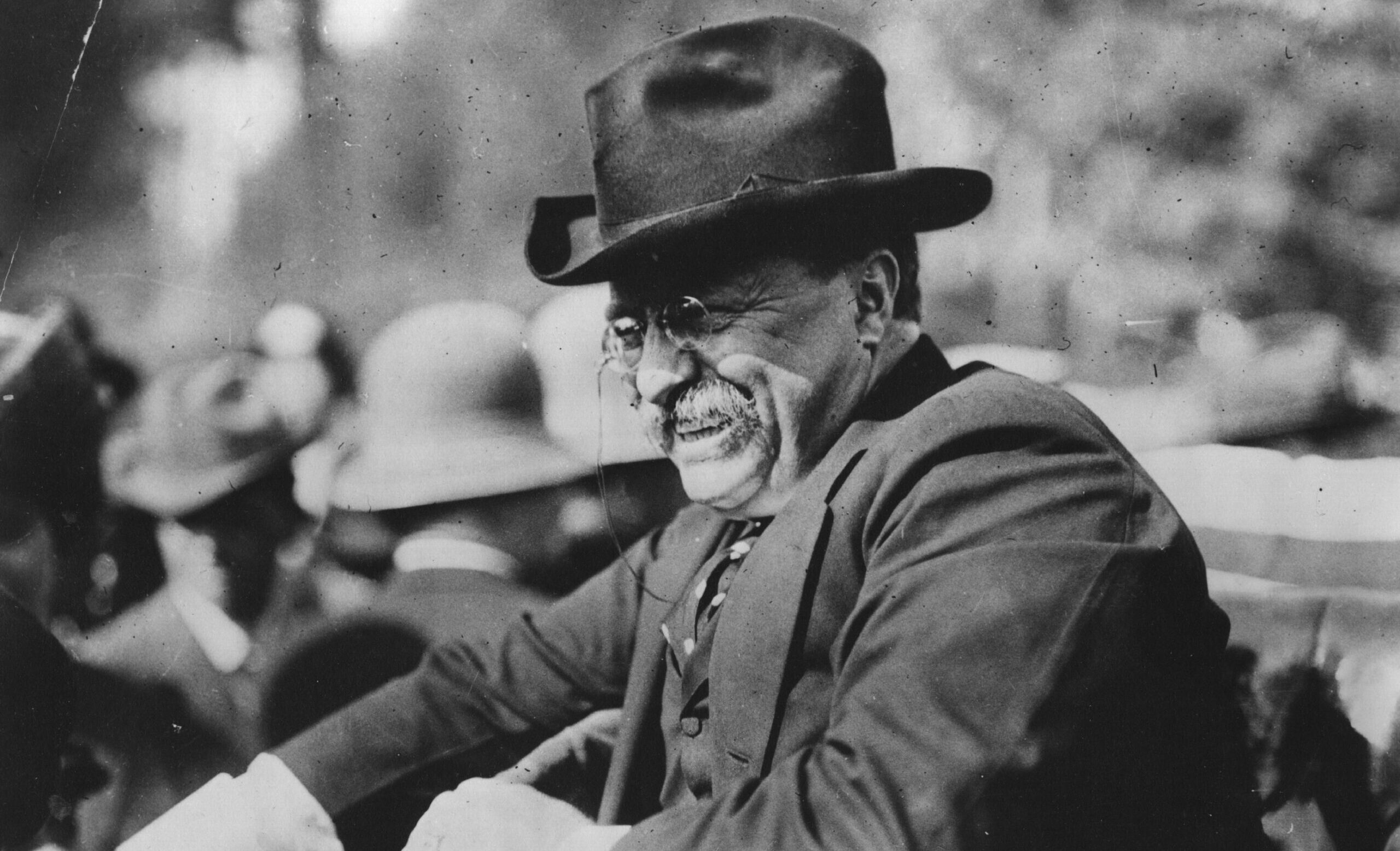This issue of Modern Age focuses on freedom in higher education. It is, in a real sense, a burning issue, insofar as shameless censorship and violence have returned to our campuses. It is also a perennial issue, insofar as higher education has always been about various dimensions of personal liberation. We conservatives know that the higher forms of liberation are always countercultural in a democracy. The ways they are under assault today are both new and not so new.
As anyone who has participated in the Intercollegiate Studies Institute Honors Program knows, things continue to get better and worse at our colleges and universities. Sure, what goes on, especially on our elite campuses, is often more despotic, more indignantly nihilistic, and more silly. Countercultural programs, however, continue to spring up and flourish, often in quite unexpected places, such as the honors colleges at the University of Houston and Mississippi State. Not only that: well-raised young people are becoming increasingly savvy consumers, and they are well aware that the best education available in the social sciences and humanities is no longer found at the places favored by our so-called cognitive elite.
The essays that follow present a variety of perspectives. Sir Roger Scruton, arguably the deepest and most original conservative thinker today, explains why our campuses aren’t safe spaces for heretics—that is, anyone who dissents on the iconic issues that make up the catechism of political correctness. Benjamin Ginsberg of Johns Hopkins shows us once again that the transfer of labor on campus to ambitious administrators is a leftist movement from wonderful diversity to uniform mediocrity. Zena Hitz, a tutor on our leading Great Books campus, thinks deeply and personally about the liberating potential of properly intellectual work, work that may or may not be a prelude to activism. Thomas Hibbs, dean of maybe our best honors college, finds authentic human freedom in the interplay between competence properly understood and character: moral and intellectual virtue.
Editor and bestselling author Mark Bauerlein is also one of those rare humanities professors who still educates for greatness. John Seery, surely the best professor on our highest-ranked residential liberal arts college, explains that his form of education is under administrative siege. Seery, you might object, is a prominent political liberal! But he’s an open-minded one, devoted to the best books. He and Susan McWilliams Brandt are evidence that there’s still liberal education at Pomona. And I’ve saved most of my commentary on the significance of this genuinely diverse symposium for an afterword.
Our first review displays the life’s work of a genuinely legendary countercultural teacher, James V. Schall. Others outline the interpretive strategy of a book on governmental institutions, celebrate Alan Moore’s wild and weird novel Jerusalem, and consider how Tocqueville looks from California. Modern Age’s editor emeritus R. V. Young presents an exquisite meditation on a fine volume on contemporary poets by none other than our own poetry editor. Lastly (but maybe most amazingly), we have poems by two of our best poets.
Peter Augustine Lawler is editor of Modern Age.













